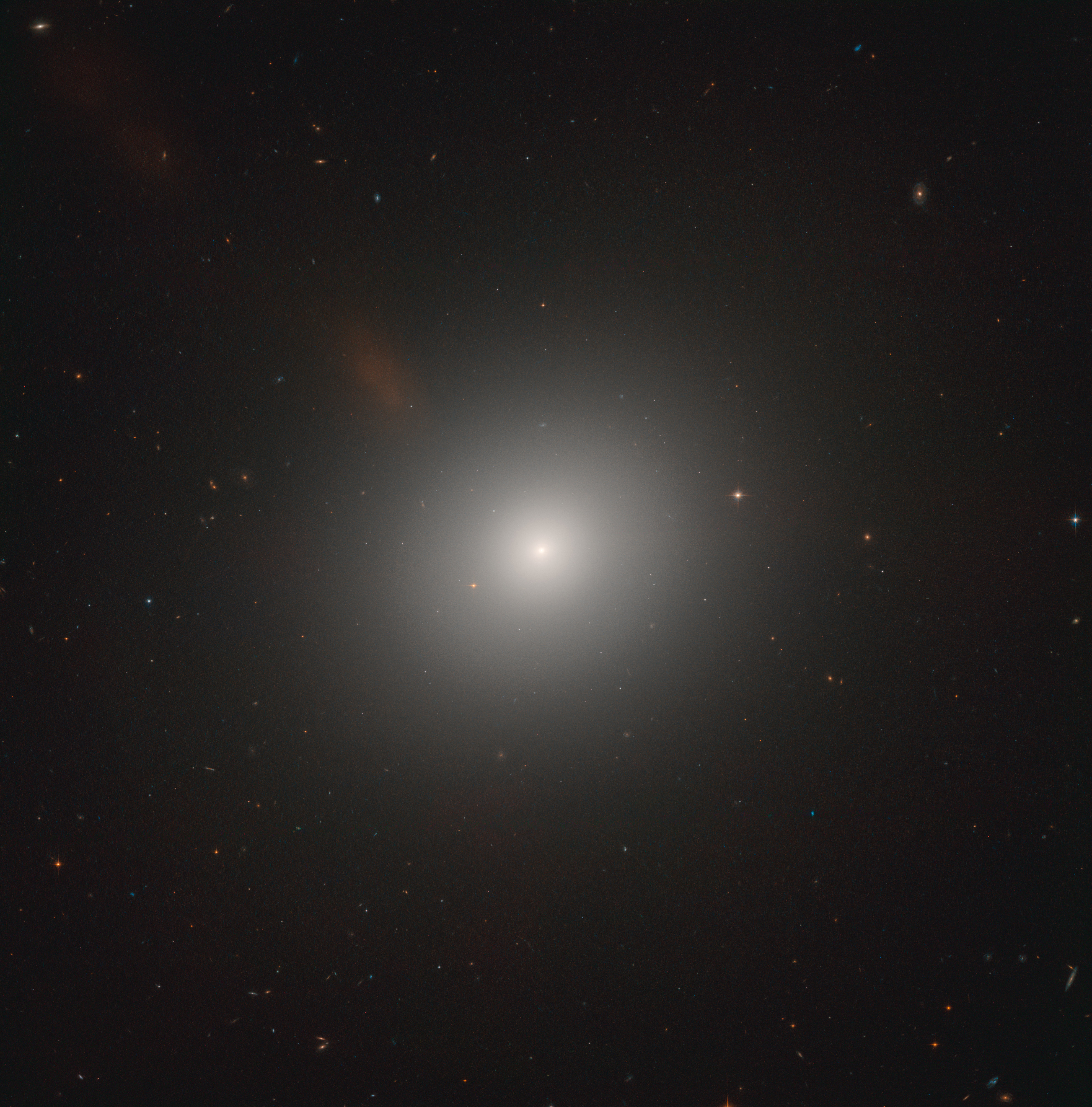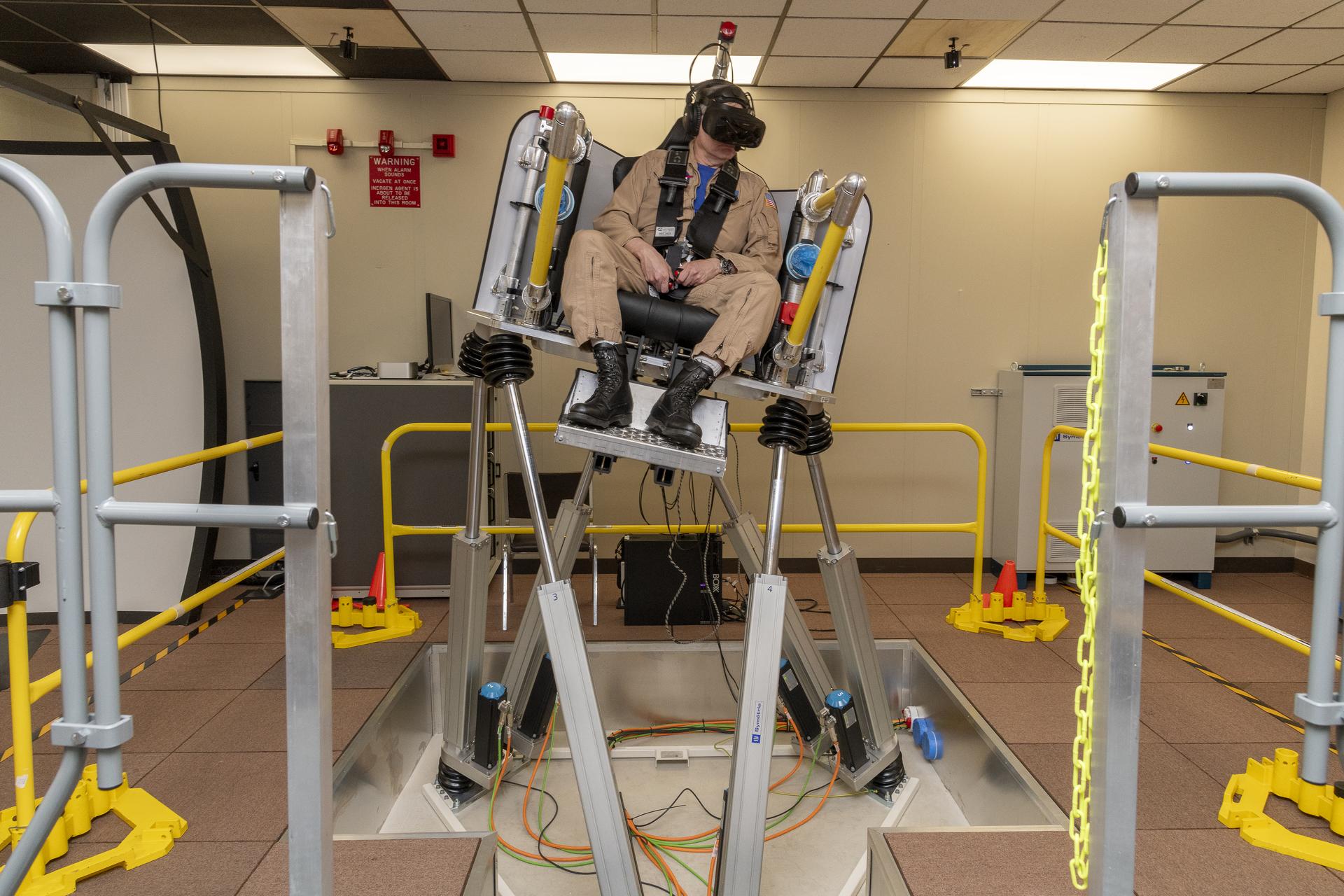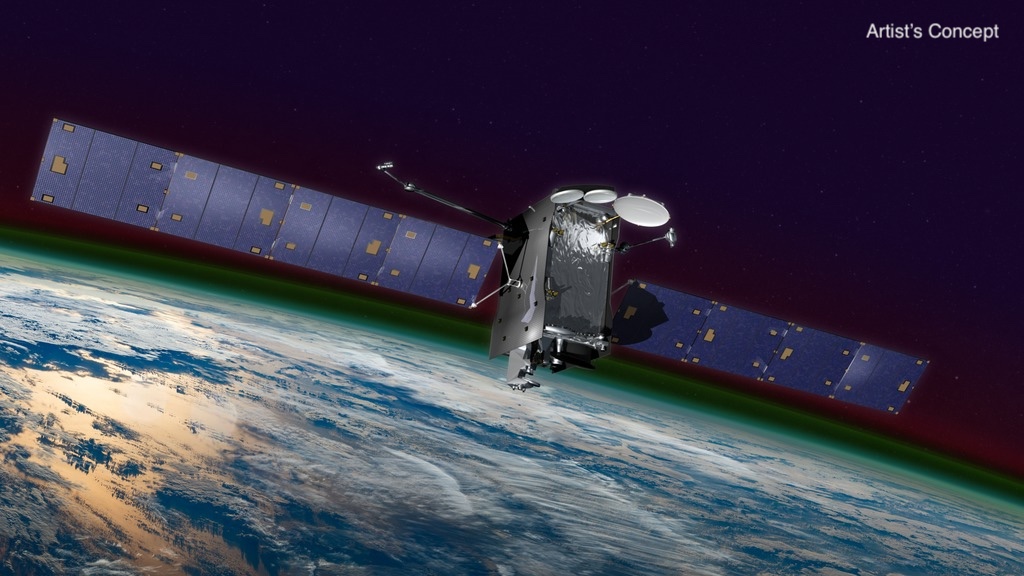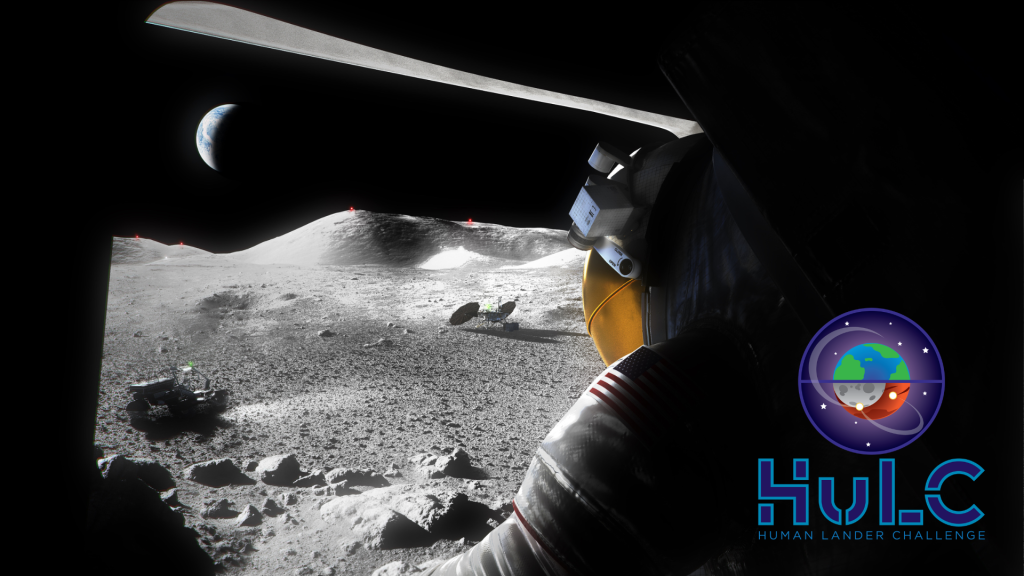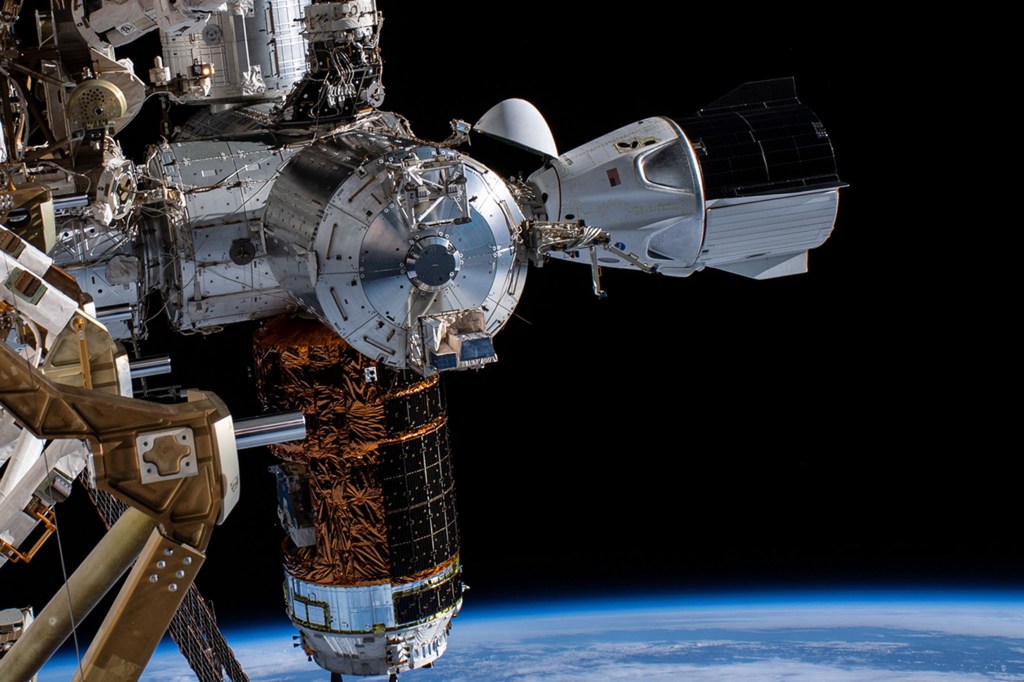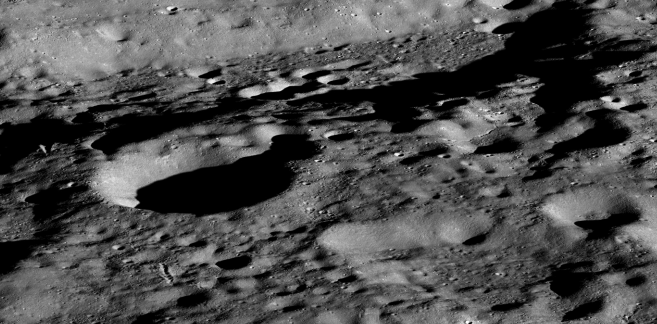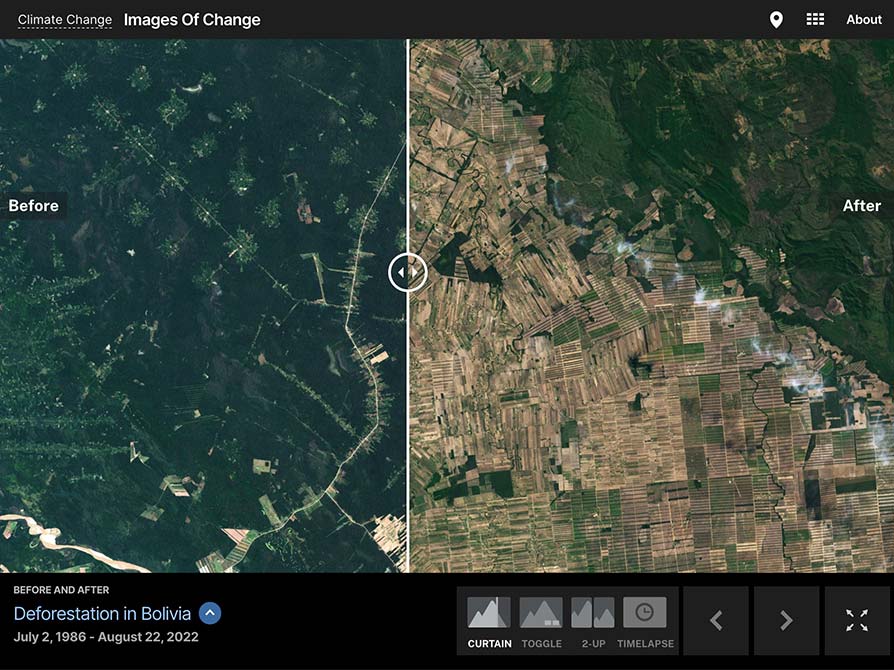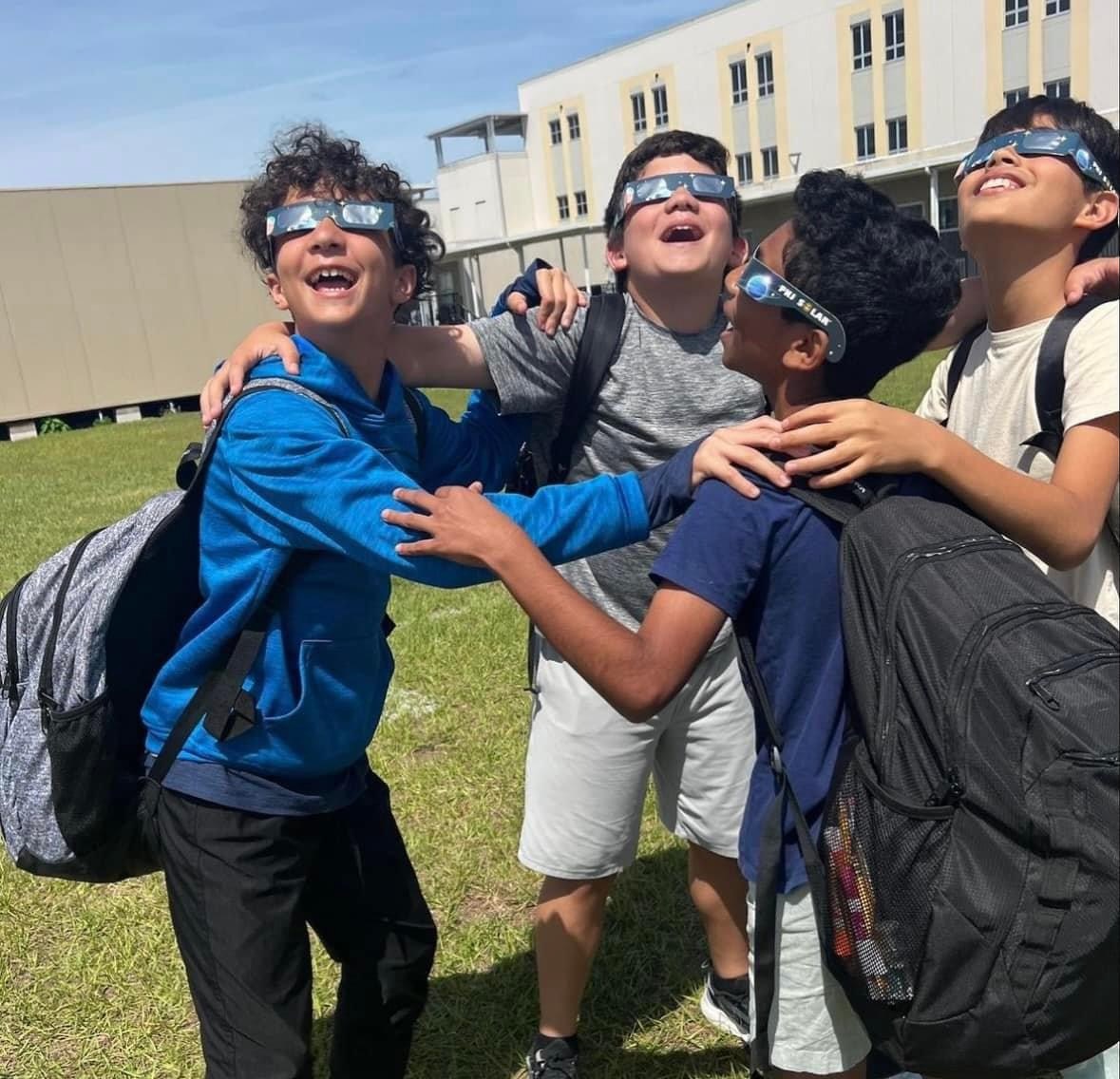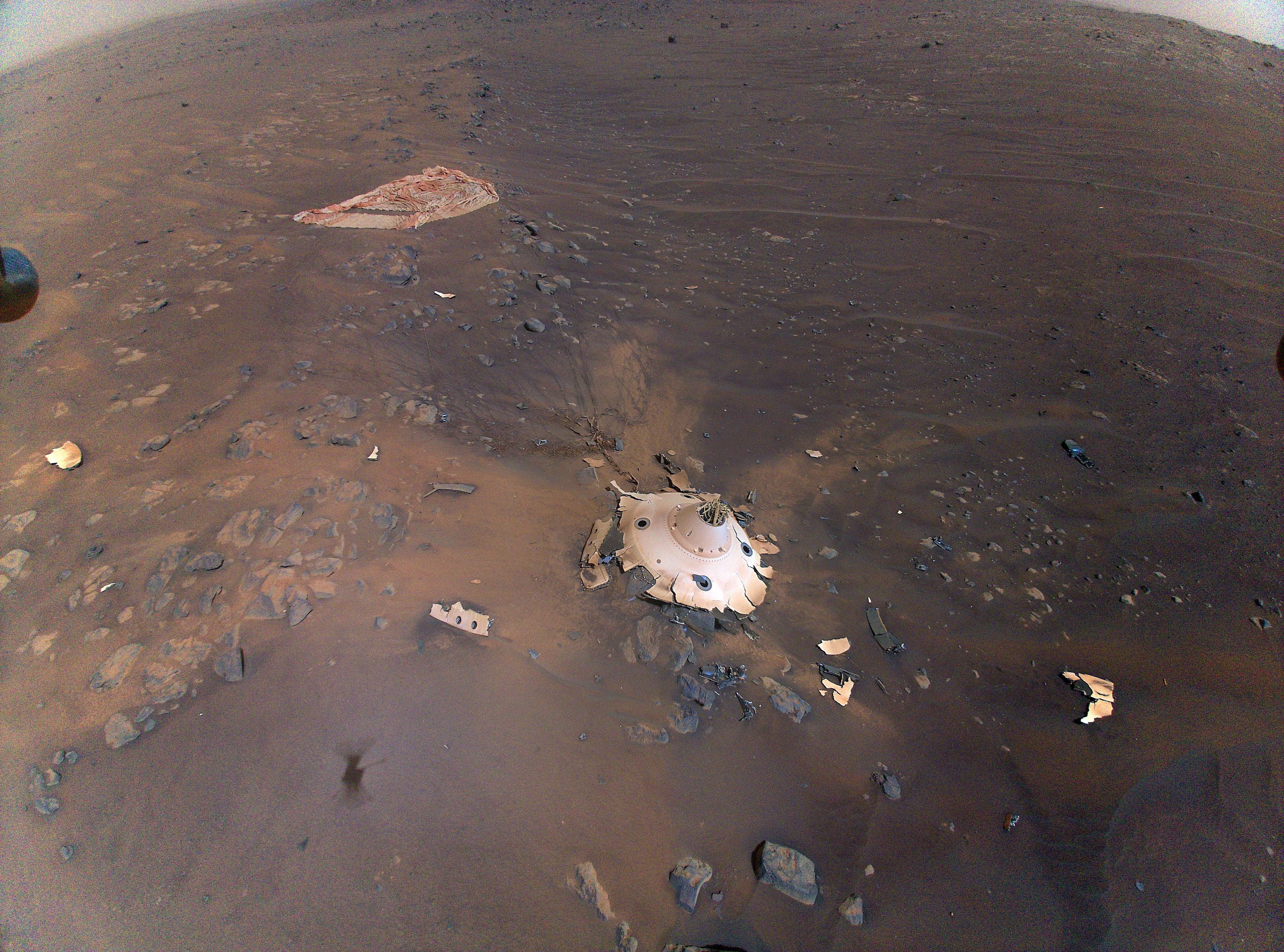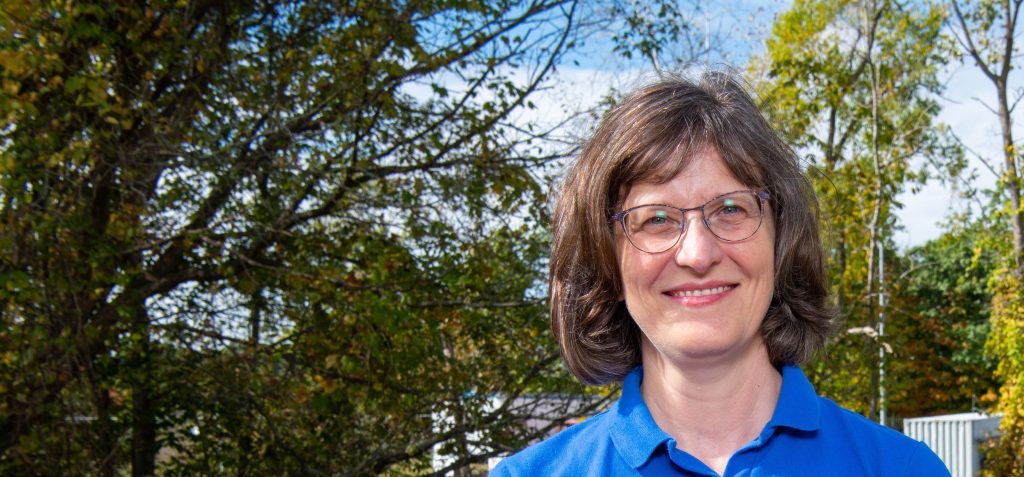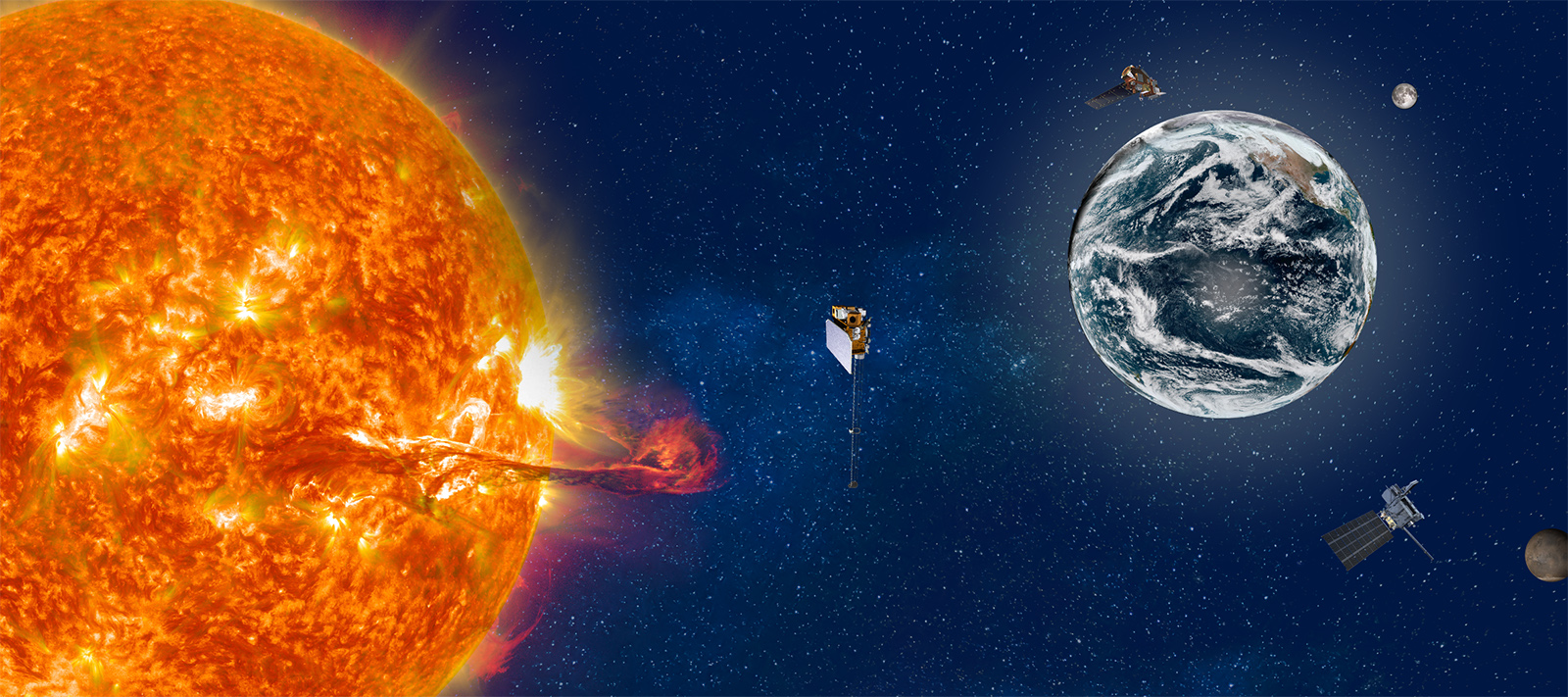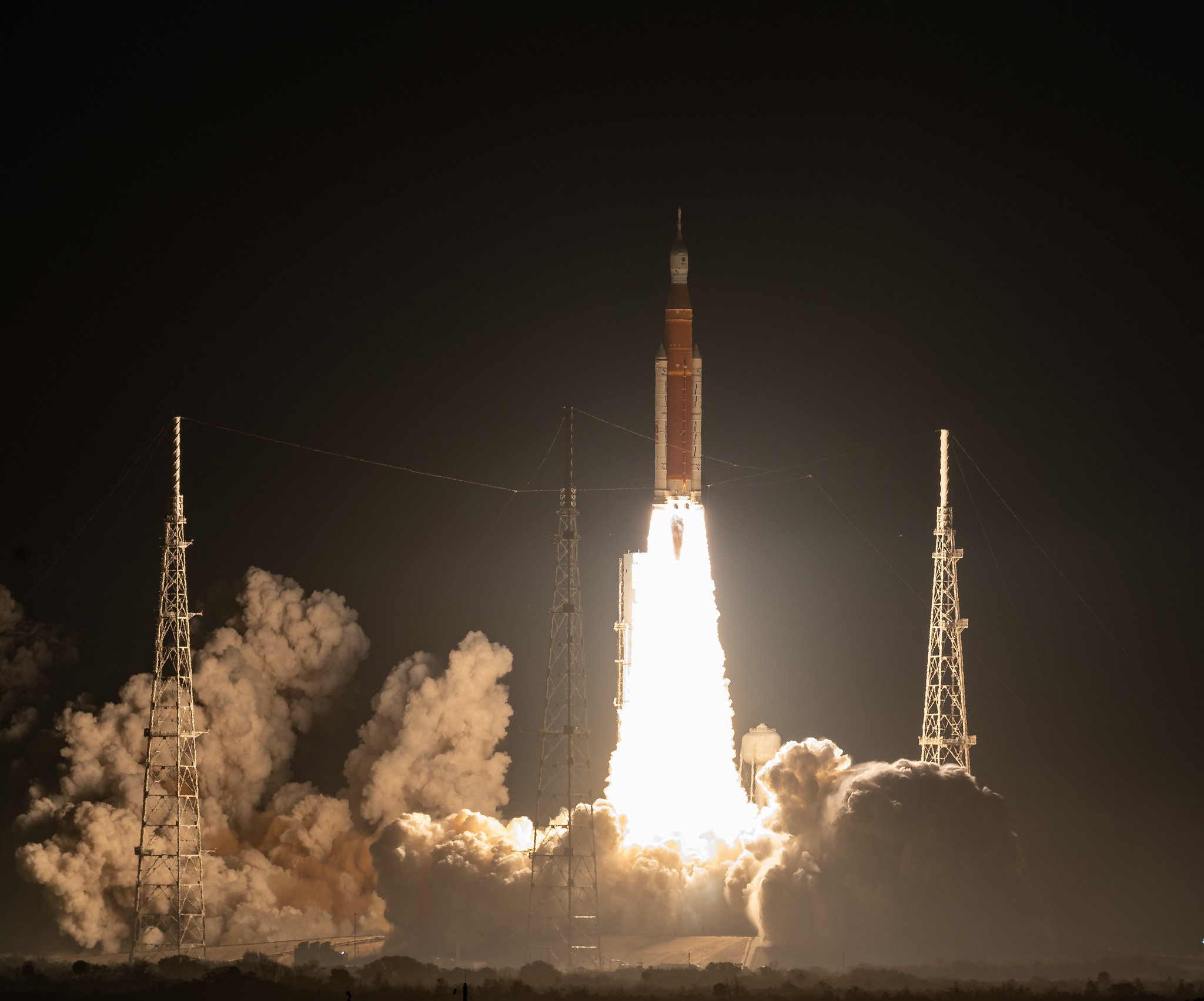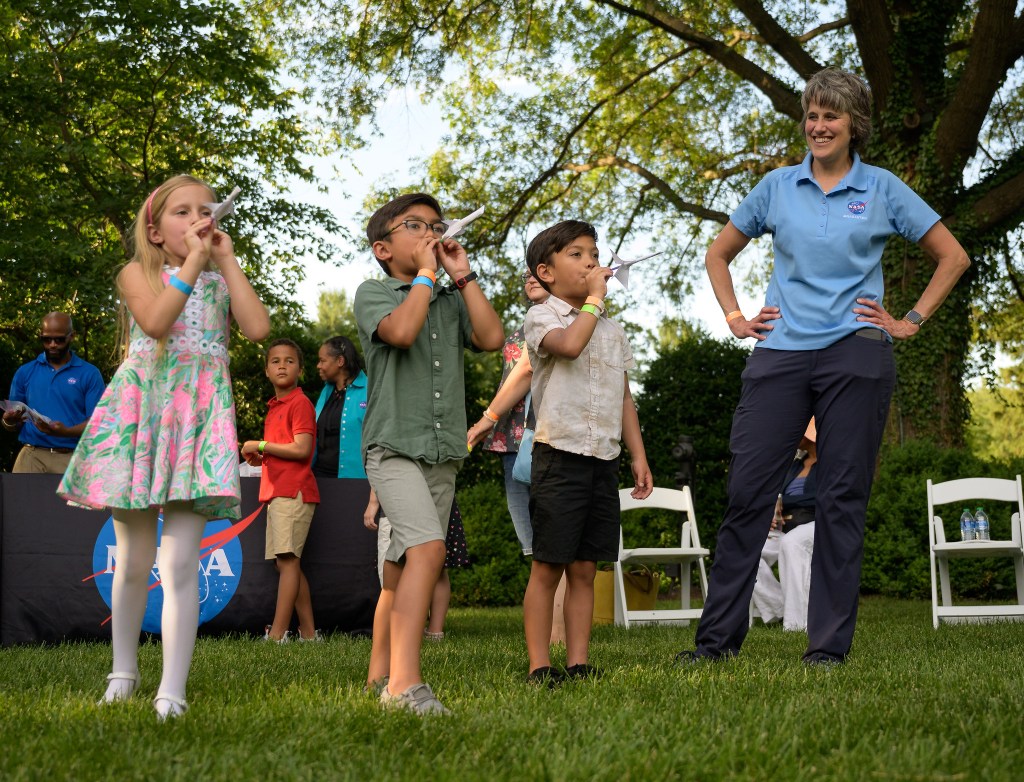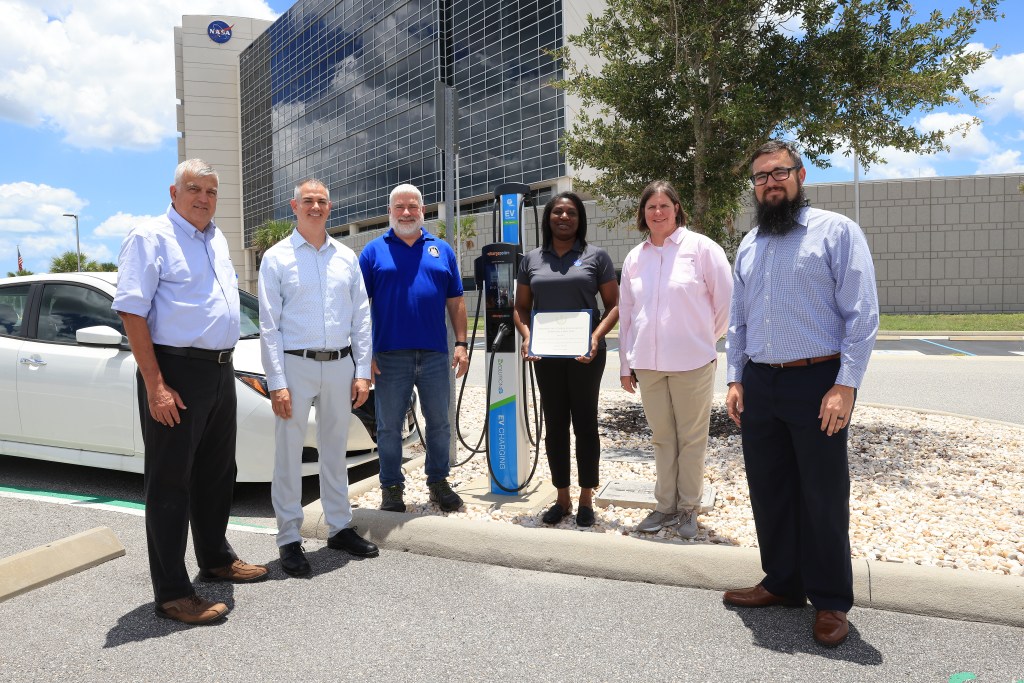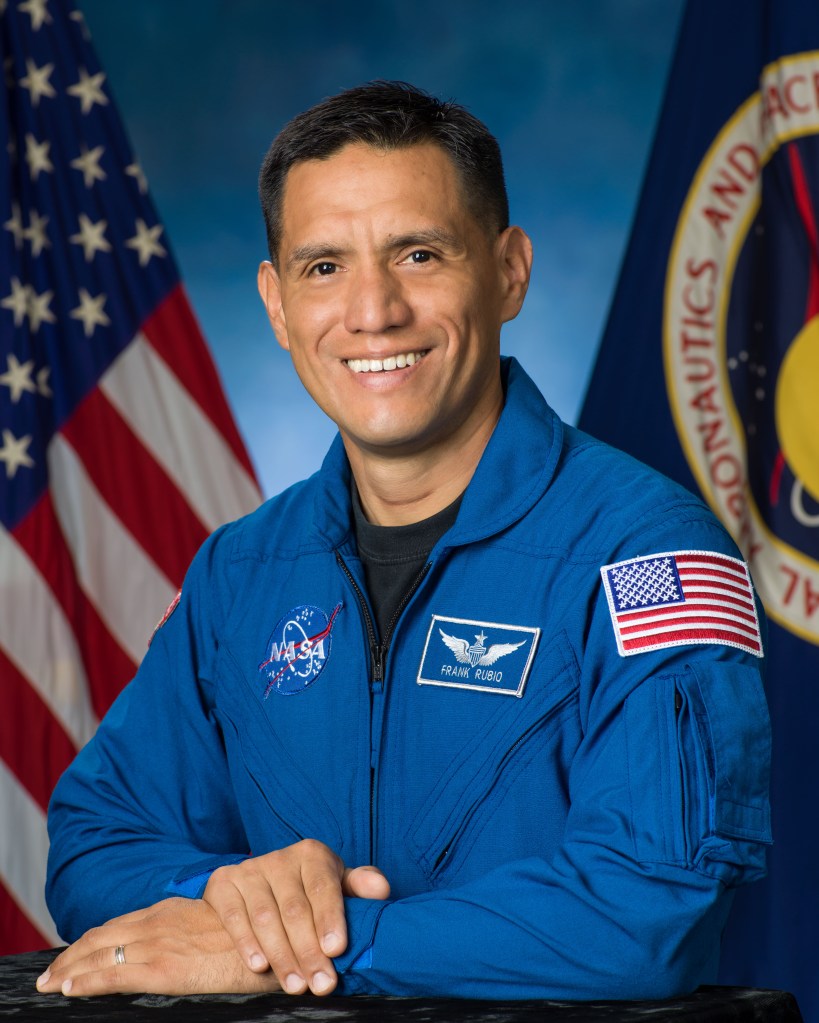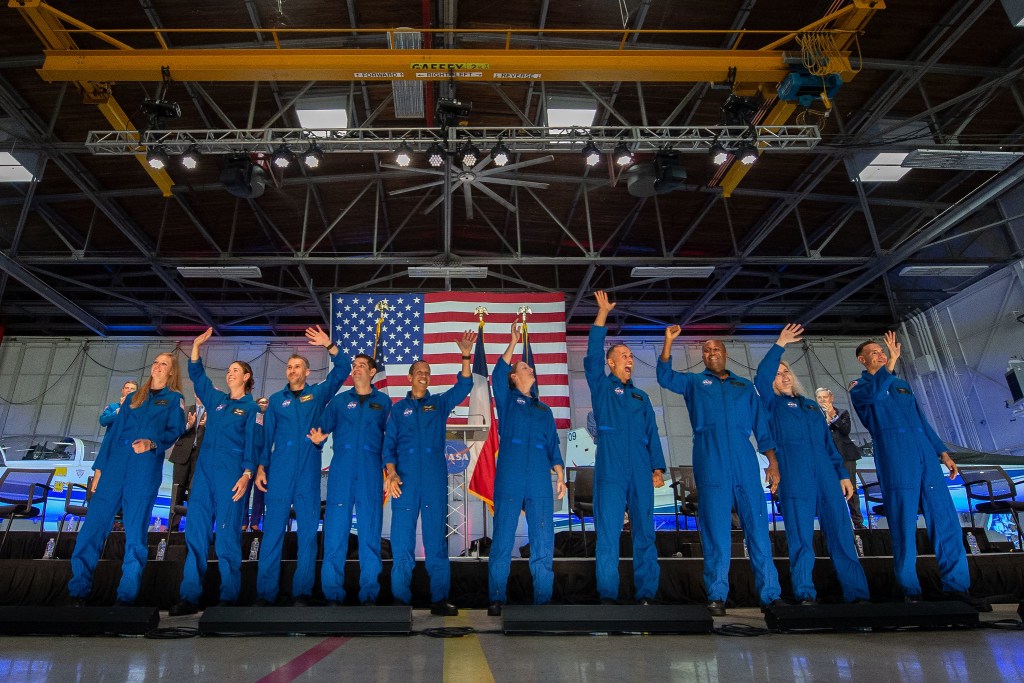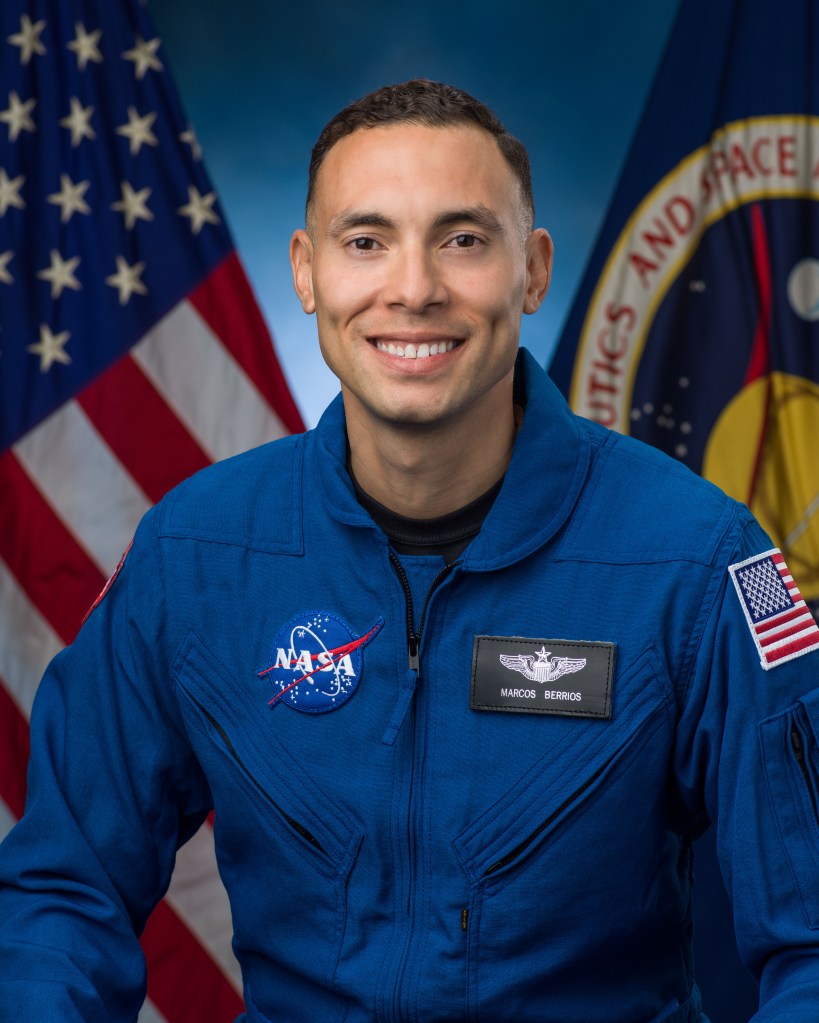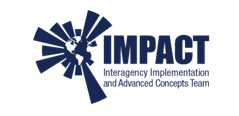Led and hosted by the Interagency Implementation and Advanced Concepts Team (IMPACT), the Science Mission Directorate Artificial Intelligence Workshop (https://nasa-impact.github.io/nasa-smd-ai-workshop-2024/) brought together scientists, AI experts, and technologists across NASA to MSFC. Supported by the NASA Office of the Chief Science Data Officer (OCSDO), this event underscored the potential of AI specifically AI Foundation Models (FMs) across scientific domains. Rahul Ramachandran (Steering Committee Member/ST11) and Kaylin Bugbee (ST11) led a hands-on session on Large Language Models (LLMs), supported by IMPACT team members: Iksha Gurung, Muthukumaran Ramasubramanian, Ashish Acharya, Nishan Pantha and members from the NASA Biological and Physical Sciences. This session provided practical insights into leveraging these tools for scientific processes and data stewardship, as documented in the LLM Cookbook available at https://github.com/NASA-IMPACT/LLM-cookbook-for-open-science. Additionally, the workshop featured a session on fine-tuning of Science FM using the Harmonized Landsat Sentinel-2 Geospatial FM. This session was aimed at utilizing FM for novel applications, details of which can be found at https://github.com/NASA-IMPACT/hls-foundation-sagemaker. This 2.5-day workshop drew 98 in-person participants and around 35 online attendees. It was designed to explore the application of FMs in science and build on the momentum of recent AI advancements. The workshop addressed three key areas in FM for science: 1. Identifying which scientific problems should be targeted for AI, especially foundation models; 2. Determining the essential collaborative strategies and resources required for developing and applying foundation models in scientific research; 3. Sharing best practices and insights for effectively tuning foundation models to enhance the scientific research process and operational efficiency. The expected outcomes of the workshop include a comprehensive report offering strategic guidance to the OCSDO, that includes the insights gained from the hands-on session, the emphasis made during several breakout sessions, and panel discussions.
2 min read

